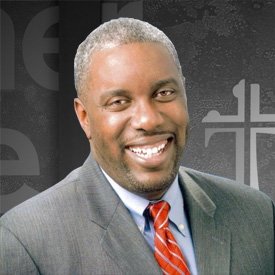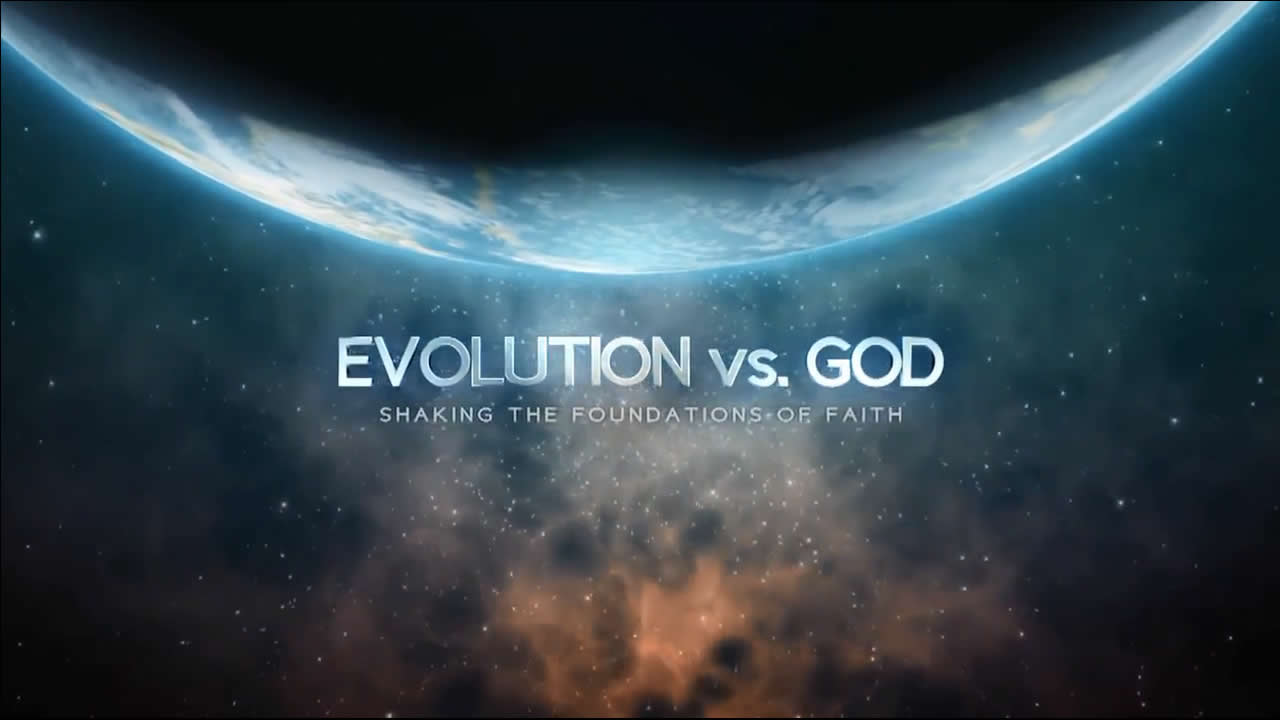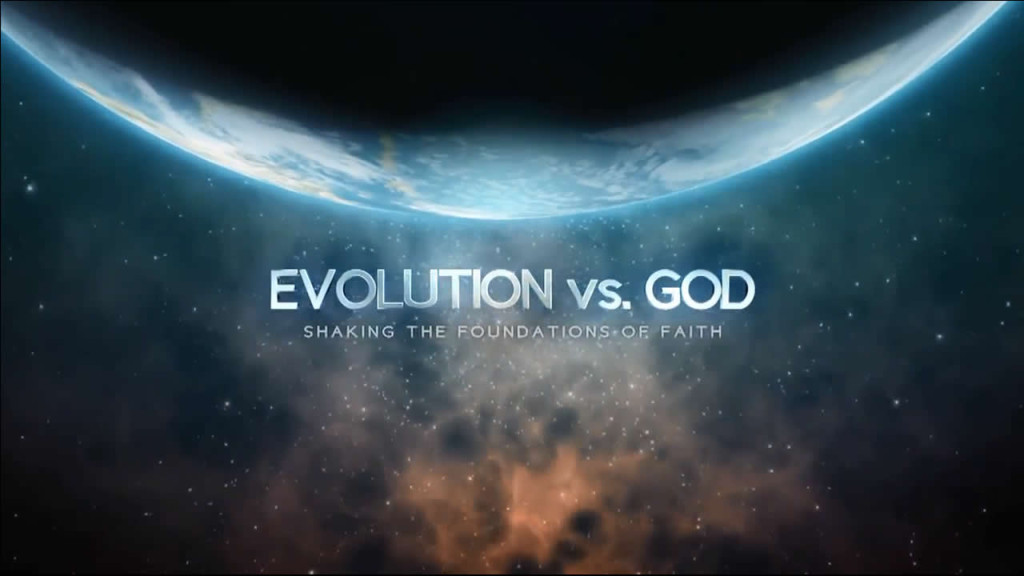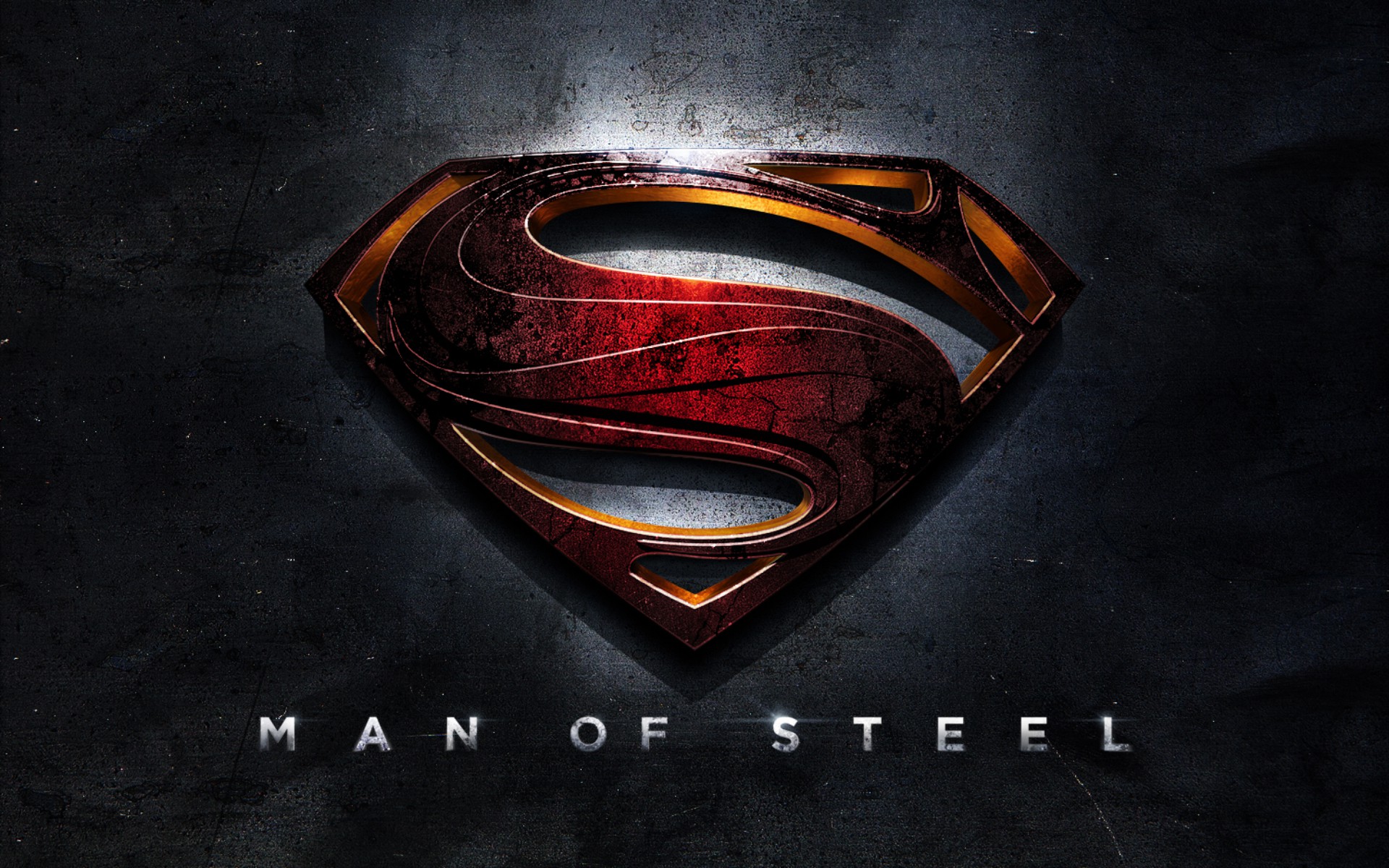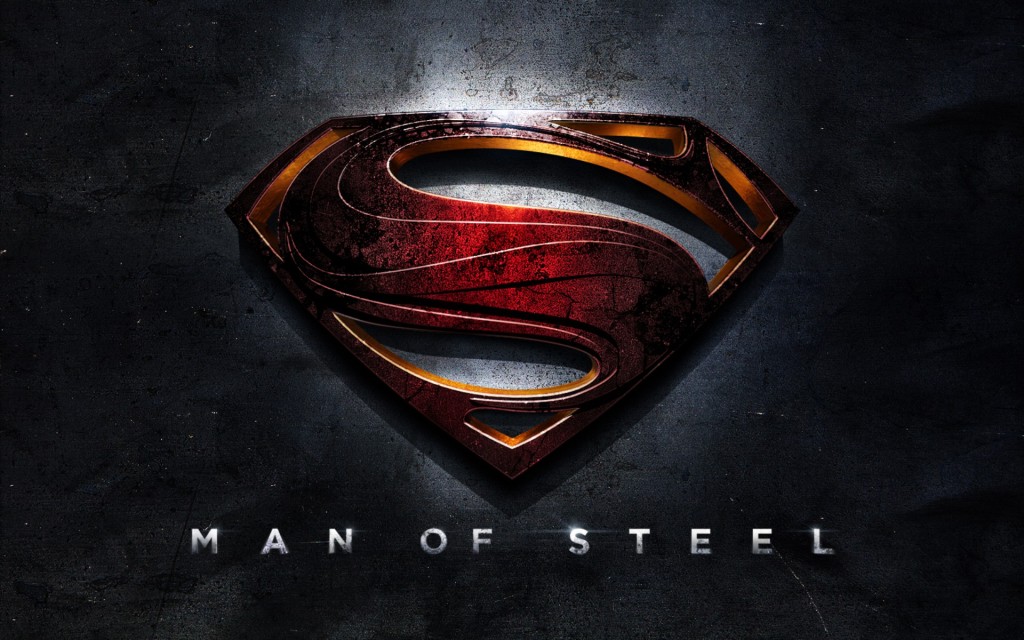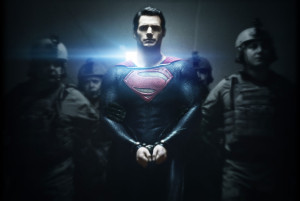There is something interesting that happens as Christians when we approach and study other faiths. I have found it to be the norm, rather than the exception, that we approach other faiths without grace or applying the gospel. Instead, we just look for intellectual karate-chops, ways that we can try and force people to show them they’re wrong in conversation with quick and succinct blows.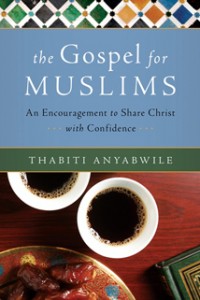
As Christians, our language and conversation with others should be completely full of love and grace. Let your speech always be gracious, seasoned with salt, so that you may know how you ought to answer each person (Col 4:6).
This is why I loved reading Thabiti Anyabwile’s recent book The Gospel for Muslims: An Encouragement to Share Christ with Confidence. To be honest, when I first approached this book I slipped back into my default mode. From the outside, Thabiti’s book is very short, and I initially approached it hoping for quick and easy ways to “win” arguments against Muslim followers. What I received instead was a great primer on the gospel, my need for Jesus, and how that needs to be the center of any conversation I have with a Muslim follower. Despite a few shortcomings that I will detail below, The Gospel for Muslims is a fantastic book for any church or Christian looking for an introduction to Christian-Muslim interfaith dialogue.
Praise
As a former Muslim believer, Anyabwile is well aware of the Islamic though process and its doctrines. It is his background and conversion experience that has given Thabiti the heart to write this book, and that is evident on every page. Pastor Anyabwile really believes, as we should all believe, that we are to serve our Muslim neighbors and be salt and light to them.
The strongest point of Pastor Anyabwile’s book is its emphasis on the gospel and the need for the gospel in any and all conversations with Muslim believers. This is not an apologetics book, and it is not intended to be so. As Anyabwile says in his introduction, “Apologetics is a helpful discipline, but it is not evangelism” (p. 14). The books primary focus is encouraging Christians to believe that the gospel really is the power of salvation to all who might believe. This is where Thabiti is at his strongest, encouraging even the newest believer that they know what they need to engage a Muslim follower.
Divided into two parts, the first part of the book focuses on the gospel itself. This is a primer for the most learned or unlearned Christian, succinctly hitting all the key points of our faith on God, man, Jesus, repentance, faith, etc. The second part of the book contains practical suggestions with Muslims.
This second part of the book contains some very helpful tips that I really think are crucial for the church today. In chapter 8, Pastor Anyabwile focuses on the necessity to be hospitable in our conversations with Muslims. This may sound elementary, but isn’t it something that is really hard to do – especially in heated conversation?
The following chapter focuses on using your local church to reach out to your Muslim neighbors. As a member of a relatively new Acts 29 church, I really loved this chapter and that Thabiti would think to include it. Though short, this chapter contains a lot of helpful encouragement and advice for the local church in reaching it’s Muslim neighbors.
Pastor Anyabwile also includes a helpful chapter on reaching the African American Muslim community. As an African American and former Muslim, Anyabwile speaks with grace in regards to this issue and I found the chapter to be very helpful.
Criticisms
On the whole, I loved The Gospel for Muslims, Pastor Anyabwile’s heart for that community, and the centrality of the gospel on every page of the book. There is however one criticism I would offer for the book. Even though my criticisms are few, I do believe there is one fairly serious issue worth noting in the text.
Thabiti makes a few statements throughout the book in regards to a Muslims approach to the Bible. He correctly states that many (if not all) Muslims believe that the Bible is completely corrupted in its current state, yet he incorrectly states that they have no reason to believe as such.
One of the greatest problems in approaching the Quranic text is that it is not wholly unified in any sort of narrative or exhortational fashion. The Qur’an is broken up into chapters, or suras, which were received by Mohammad throughout his lifetime in various revelations. Muslim scholars do their best to try and figure out which verses (ayats) came before others, but there is much disagreement. Complicating this issue is the Islamic doctrine of abrogation (nasikh). This doctrine states that when two verses conflict, the most recent verse abrogates – or overwrites – the previous verse. This is seen best from the Qur’an itself:
2:106 None of Our revelations do We abrogate or cause to be forgotten, but We substitute something better or similar: Knowest thou not that Allah Hath power over all things?
13:39 Allah doth blot out or confirm what He pleaseth: with Him is the Mother of the Book.
Thabiti is correct when he references the Qur’an as stating at times that Muslims should be in agreement with Christian or Jewish teachings. One such Sura Thabiti references is below:
5:46-47 And in their footsteps We sent Jesus the son of Mary, confirming the Law that had come before him: We sent him the Gospel: therein was guidance and light, and confirmation of the Law that had come before him: a guidance and an admonition to those who fear Allah. Let the people of the Gospel judge by what Allah hath revealed therein.
Pastor Anyabwile’s conclusion is that we should then work to convince our Muslim neighbors that they must listen to our Bible because their Qur’an says so, and that there actually isn’t any grounds in the Qur’an for Muslims to say the Bible is corrupted. However, a quick gloss of Quranic text would give us a different result:
3:78 There is among them a section who distort The Book with their tongues: (As they read) you would think It is a part of the Book, But it is no part Of the Book; and they say, “That it is from Allah”, But it is not from Allah.
2:113 The Jews say: “The Christians Have naught (to stand) upon”; And the Christians say: “The Jews have naught (to stand) upon.” Yet they (profess to) study the (same) Book.
5:14 From those, too, who call Themselves Christians, We did take a Covenant, But they forgot a good part of the Message that was Sent them: so we estranged them…
The above verses are a brief synopsis of texts that Muslims interpret to say that the Bible is corrupted and that Christians use false texts. This rightly is in disagreement with the Sura Thabiti quotes in his book, but that is not a conflict because of the doctrine of abrogation.
Anyabwile hits on this idea a few times in the book, and I fear the consequences of not appropriately fleshing out this subject in the book. Not only that, I’m afraid his conclusion is simply or prematurely wrong, and that it will convince many readers that they can show their Muslims neighbors to believe in the Bible because their Qur’an says so.
Conclusion
I loved The Gospel for Muslims. It was short, simple, and to the point. The book was a great encouragement and reminder that the gospel must be at the center of our evangelistic efforts.
However, the few issues I have with the book are glaring. As the book is short and is not meant to fully flush out Islamic doctrine, I think Pastor Anyabwile gets the issue of the Islamic perspective of the Bible completely wrong, or at least not fully examined. In addition, since the text is so short, there really wasn’t much room to elaborate on some key Islamic doctrines. I really think the book might’ve benefited from an extra 20 pages spread throughout the book to provide a few more details and insights into Islamic beliefs.
There are a few caveats to keep in mind, and The Gospel for Muslims might best be used with some additional resources and information compiled from other sources. Despite what might be a few shortcomings, this is a book I would definitely recommend to others and use in the future when teaching or discussing Islamic evangelistic efforts.
This week saw the release of a new internet documentary that is taking the blogosphere and social media by storm. Evangelist Ray Comfort, president of Way of the Master ministries and producer of other documentaries such as 180, has a new assault on Western Civilization. His target this time? The scientific community, specifically that of the evolutionist crowd.
Entitled Evolution vs. God, Ray Comfort promises to debunk evolutionary theory in a way that would make even the most astute scientists squirm. I know Ray’s heart, and I know he earnestly believes this documentary is going to serve the Christian community. Unfortunately, the film neither debunks evolutionary theory and it ultimately harms the Christian community and our witness.
Now, I’ve previously hinted at my position on this topic, and it’s probably best I elaborate slightly before proceeding. I am neither an evolutionist nor creationist, and I am pro-science and pro-conservative faith. I am against the dichotomy that science is always opposed to faith, and I think such arguments are unhelpful and naive. I first began questioning evolution when I was in college, years before I was a Christian, and it was simply because the university’s leading anthropology professor gave a really shoddy explanation of it. Essentially I am not an evolutionist (although I do believe in an old-Earth) because I do not yet see the evidence for it. At the same time, I do not think it is necessary nor is there evidence to suggest a young-Earth literal creation account.
Evolution vs. God is a short film that is approximately 35 minutes long. In the film, Comfort “interviews” 4 university professors (two from UCLA, from USC and another from the University of Minnesota), along with a handful of science students from various disciplines on the campuses. I use the term “interview” lightly, because Comfort often comes off more hostile than not, and only hammers a single question home rather than getting flushed out information on the subject. In addition, almost all of his discussions appear outside, which suggests these conversations aren’t taking place in an environment that is conducive to honest and genuine discussion.
Comfort’s assaults attempt to prove that evolutionists do not have adequate responses nor explanations for the evolutionary theory. He tries to argue that evolution requires belief and faith, in the same way that Christianity requires belief and faith.
I am a little bit disturbed that Ray would equate belief in scientific theory with belief in the most holy, kind and gracious creator of the universe. The Christian faith is “the assurance of things hoped for, the conviction of things not seen” (Hebrews 11:1). The scientific, evolutionist “faith” or “belief” is that their evidence suggests they will still find the missing clues they’re looking for. These are two completely different kinds of faith, and trying to mix the two does injustice to the gift of faith given to us in Christ.
Ultimately, the film fails to deliver on several other levels. These points I will outline below:
- The film only furthers the mentality that science and faith cannot coexist. This only serves to create further separation between the Christian and humanistic/atheist science communities.
- It does not fairly represent the scientific community – four professors and a handful of students are not an accurate representation nor adequate sample size of people to interview.
- Comfort appears to be intentionally making scientists look stupid (how many reasonable answers to his questions are there that we DIDN’T see?).
- Comfort employs bullying tactics when he tries to force the idea that atheists like evolution because it gives them an excuse to be sexually immoral.
- The film ultimately hurts witness with the scientific community.
Every good debater knows that to have a fair debate, one must represent the opposing side in its strongest and most accurate forms. Otherwise you are simply presenting a straw-man. Comfort does not present evolutionary scientists in their strongest form, and instead paints the picture of brainless scarecrows from Oz. It would be just as easy – if not easier (given the average Christians abysmal Biblical literacy) – to make a similar film about Christians who can’t answer the questions of an atheist. We wouldn’t want to see a film like that about us, so why would we do that to others?
Similarly, humanistic/atheist scientists are going to watch this film and only become more upset and frustrated towards the Christian community. For most scientists who see this film, this is only going to alienate them and further harden them towards hearing the gospel in the future.
To be fair to Ray, I think this film does deserve some credit in that it may show that many students and people buy into evolution without understanding it for themselves. This is a similar attack that is often levied on lay-Christians for not knowing their Bibles, so now we begin to see that the same might be said for the average believer in evolution.
In closing, I want to make it clear that I am not attempting to tear Ray Comfort down nor question his ministries. I don’t doubt the countless people who have heard the gospel through his evangelism, and I am greatful for his service to the Kingdom. However, as Christians I think it is necessary for us to be aware of when we are betraying Biblical practices for worldly obediences. Sadly, I think this film ignores Biblical premise for treating others as we’d like to be treated, and instead allies with the worldly desire to tear down an idea simply for the sake of disagreement.
We can do better than this.
I was recently talking to a friend (thanks, Tom) about the level of gospel-related imagery present in many Hollywood movies today. We specifically talked about the latest Batman trilogy – one of the reasons everyone loves Batman is that he’s the unlikely hero who is willing to sacrifice himself for the sake of others. Isn’t that why we love the idea of heroes today? One of the subplots in last years Avengers was that Tony Stark wasn’t a true hero until he learned what it meant to sacrifice himself and put his own life on the line. Captain America is the selfless boyscout who, despite being mocked and humiliated by his peers, continually demonstrates that others lives are more valuable than his. Selflessness, humility, sacrifice – things we love to see in our ideal heroes – are all things that Christ demonstrated through his earthly ministry and ultimate death on the cross.
In this years Man of Steel, Christ-like gospel imagery is absolutely everywhere, and the American public is going to eat it up. I am doubtful that either Zack Snyder or Christopher Nolan intentionally placed this imagery in the movie because of their faith (as far as I know, neither are professing Christians). Regardless, they were fully aware of the similarities between Christ and Superman, and were fully aware that this type of hero is exactly what the public wants to see.
Below I’ve compiled a list of some of the more obvious Christ-related imagery in the film. I am sure there are plenty more that I didn’t see during my first screening. While not an exact one-to-one likeness between Christ and the Superman portrayed in this film, the glaring connections cannot be ignored. I have been careful not to place any spoilers in this list, and there isn’t any information in the list below that you wouldn’t know from watching the previews:
- Many characters throughout the film are routinely seen wearing cross necklaces (this would otherwise be unmentionable if it weren’t for other imagery)
- Kal-El (Superman) is sent by one father (Jor-El) and raised by another (Jonathan Kent)
- Kal-El is naturally born, of the same essence as his father – while his enemy (Zod) is a created being
- At one point in the movie, child Clark is seen reading Plato – the influential philosopher of Christ’s time
- Numerous times in the film Superman holds his arms out in the form of a cross in the movie, most noticeably after being told he has the capacity to “save them all” (the human race)
- At a time of serious reflection, Superman has a conversation in a church underneath a stained glass window of Jesus praying in the Garden of Gethsemane (the place where Christ pleaded with the Father before heading to the cross)
- Superman willingly hands himself over to authorities (as seen in the trailers) – just as Christ did to those who arrested him
- Clark is routinely seen as the outcast and mocked and beat up
- There is an interesting conversation about a lack of morality (what the bad guys have) as their evolutionary advantage, while Superman’s weakness is his morality and compassion – and in the end “evolution always wins”***
- Superman explicitly mentions he is 33 years old – the age widely agreed upon for Christ when he was crucified
- Like Christ during his earthly ministry, Superman learns obedience to the mission his father sent him to Earth for
- Jor-El, Kal-El’s father, explains that Kal-El will be “like a god” and will give the people of Earth “something to strive towards.” Ignoring the “like a” god part, Christ is similarly the example all Christians are meant to strive for.
I would wager that this film has the highest amount of gospel-imagery in Hollywood outside of The Passion of the Christ. This imagery was obviously intentional, and is an obvious sign of one very important thing: we crave a Christ-like savior. I am confident that I would be hard-pressed to find anyone who would disagree with the major themes of Christ’s ministry: true love being willingness to lay down one’s life for another, loving others more than ourselves, being thankful for everything we have, forgiveness, his willingness to die for those who hated him – these are all things that our society almost universally agrees on as being great qualities of a leader and hero. Christ’s life and teachings changed the world, and since the first century these have been values that have changed the course of our society. This ultimately begs the question: Why is it that we love everything about Christ, and look for his virtues in our modern heroes today, yet we stop short of the most important thing he preached – faith in him?
Subjective Christ-imagery gulping aside, objectively this film was fantastic. It had everything I was looking for, the emotional pull of an outcast torn between two worlds – and the action Superman is worthy of on the big screen. Seriously, this film easily outdoes Avengers in the action department, and I loved every minute of it. The effects were fantastic, and watching Superman learn his limits as the fights went on was a great touch.
Ultimately, this film is a Sci-Fi origin story about an alien trying to fit in. The film begins on the planet Krypton, and I really loved the world that is portrayed. The scenes here shape a large portion of the plot of the film, and there is an added touch of witnessing a dying civilation that is past its prime. A stand-out performance in this portion of the film is Russel Crowe as Jor-El, who is an absolute beast of a man in every scene he is in.
Henry Cavill’s Superman is not the Donner-age Christopher Reeve boyscout most people are used to. Long gone are the days of the Boy Scout who saves cats from trees. This Superman is a brooding figure, troubled by a past of learning what it means to hide who he really was. That being said, as an origin story, this film does an excellent job of setting up where Kal-El’s moral compass comes from, and his boyscout do-good symbolism is something foreshadowed for future films.
Michael Shannon does a fantastic job of portaying a highly-motivated yet deeply flawed villain – a consequence of the dying society seen on Krypton. He steals any scene he is in, and is suitably creepy as a world-conqueror.
Worth mentioning are the performances by Kevin Costner as Jonathan Kent (Supermans adopted father) and Amy Adams as Lois Lane. Kevin Costner owns probably the most touching scenes of any movie this summer. The scenes of Clark growing up with his adopted father were an excellent touch on the film. In addition, Amy Adams portrays a much smarter version of Lois Lane, one who doesn’t seem so absent minded and blindly wandering into danger.
Hanz Zimmer also does a magnificent job with the new theme for this new Superman. Many people were concerned it would be hard to follow behind John Williams’ masterpiece score from the 1978 film, but Zimmers soundtrack does not dissapoint. It fully engages and melts all your senses.
My biggest critique of the film is that there were some serious pacing issues at times. Much of the film is told through flashbacks, and jumping around from present time, to flashbacks, to Zod, back to present, etc. could be a little jarring. I understood why they did the film this way, but I think it could have been simplified at times. Many critics also complained about “too much action”, and while that was exactly what I was looking for – the last half of the 2.5 hour run time is pure action – it may not be for everyone.
Ultimately, I loved this film. I ate up the gospel-imagery, which might make me a little biased, but objectively this is a great summer film with some emotional weight that many blockbusters don’t have. I give it a very high rating on an arbitrarily ambiguous scale.
***Note: For anyone who thinks I’m making this comment out of animosity towards science, that is not the case. I am a pro-science, Old-Earther (likely in the billions), Bible-believing Christian. I just found this dialogue interesting, as a lack of morality is the logical conclusion to a humanisitic-only evolutionary worldview.
